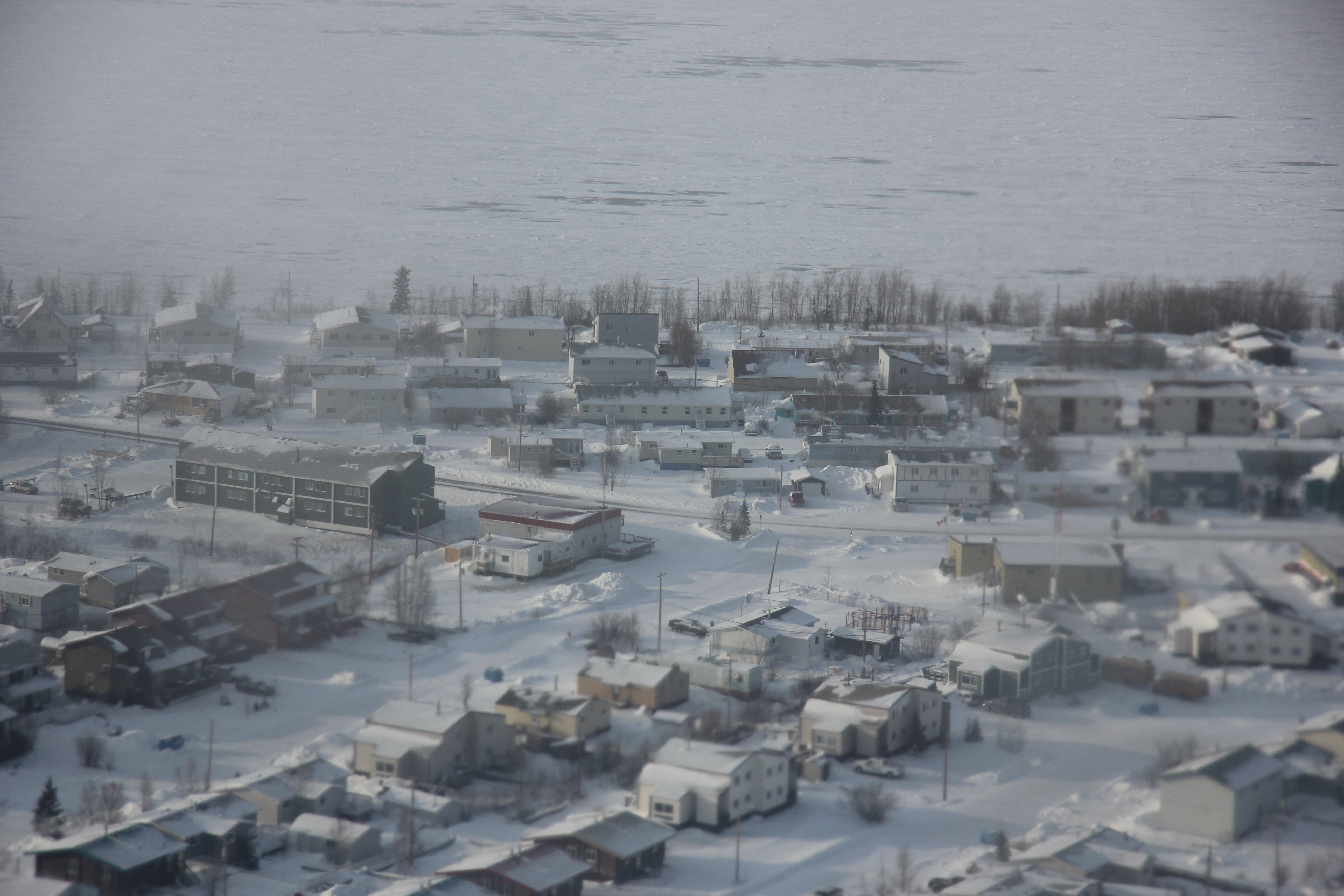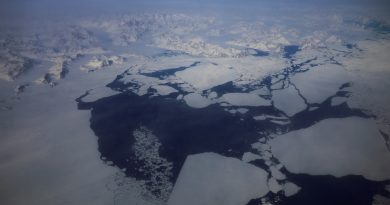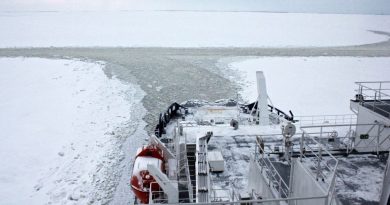Feature Interview: Unconventional petroleum resources found in Canada’s Sahtu region…. Now what?

Canada’s National Energy Board and the Northwest Territories Geological Survey released a report last month that almost 200 billion barrels of unconventional petroleum resources were identified in the Sahtu region of Canada’s Northwest Territories (NWT).
Though the assessment stressed that only a portion of the oil may be recoverable, many in the Northwest Territories were optimistic about the opportunities the news could bring.
“This is probably the savour for the whole Sahtu region, if it’s developed” says Gregor Harold McGregor, the mayor of Norman Wells, one of the communities in the region. “But we don’t have an all year road, and I’m thinking probably without that, it’s going to be developed sometime in the future.”
To find out more, Eye on the Arctic reached Gregor Harold McGregor in Normal Wells to talk about the energy economy in the region and what the town needs to take advantage of it:
Write to Eilís Quinn at eilis.quinn(at)cbc.ca
Related stories from around the North:
Canada: Arctic drilling doesn’t just effect the Arctic say Greenpeace campaign participants, Eye on the Arctic
Finland: Finns still sharply divided over wind power, Yle News
Greenland: Arctic oil and gas must stay in ground to restrict warming to 2°C says study, Blog by Mia Bennett
Iceland: From Arctic Circle 2013-2014, a big drop in the price of oil, Blog by Mia Bennett
Norway: Norway surpasses Russia as top gas supplier, Barents Observer
Russia: Parallels drawn between space race and Arctic offshore development, Blog by Mia Bennett
United States: Appeals court upholds Shell’s Arctic oil spill plans, Blog by Mia Bennett


